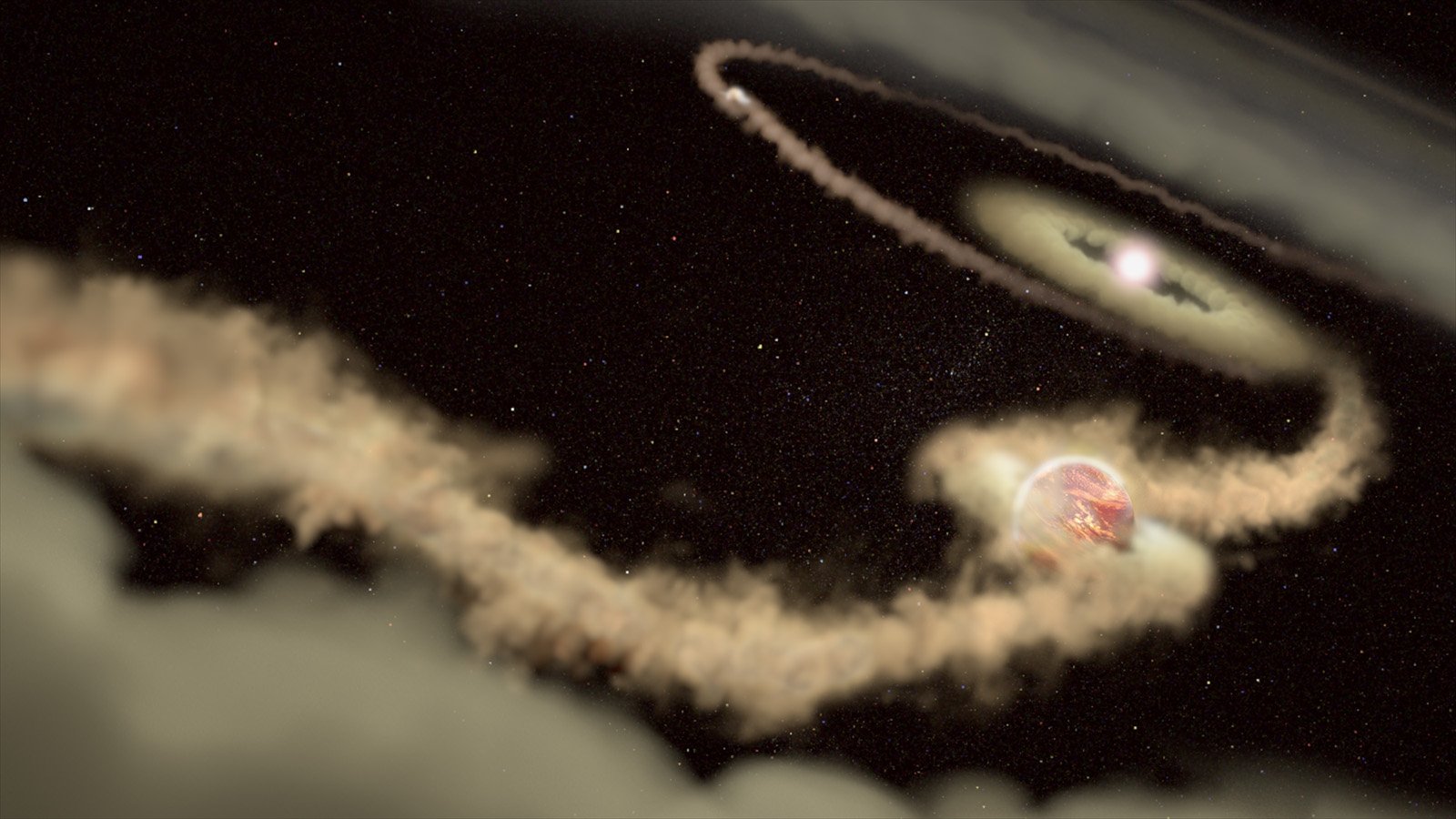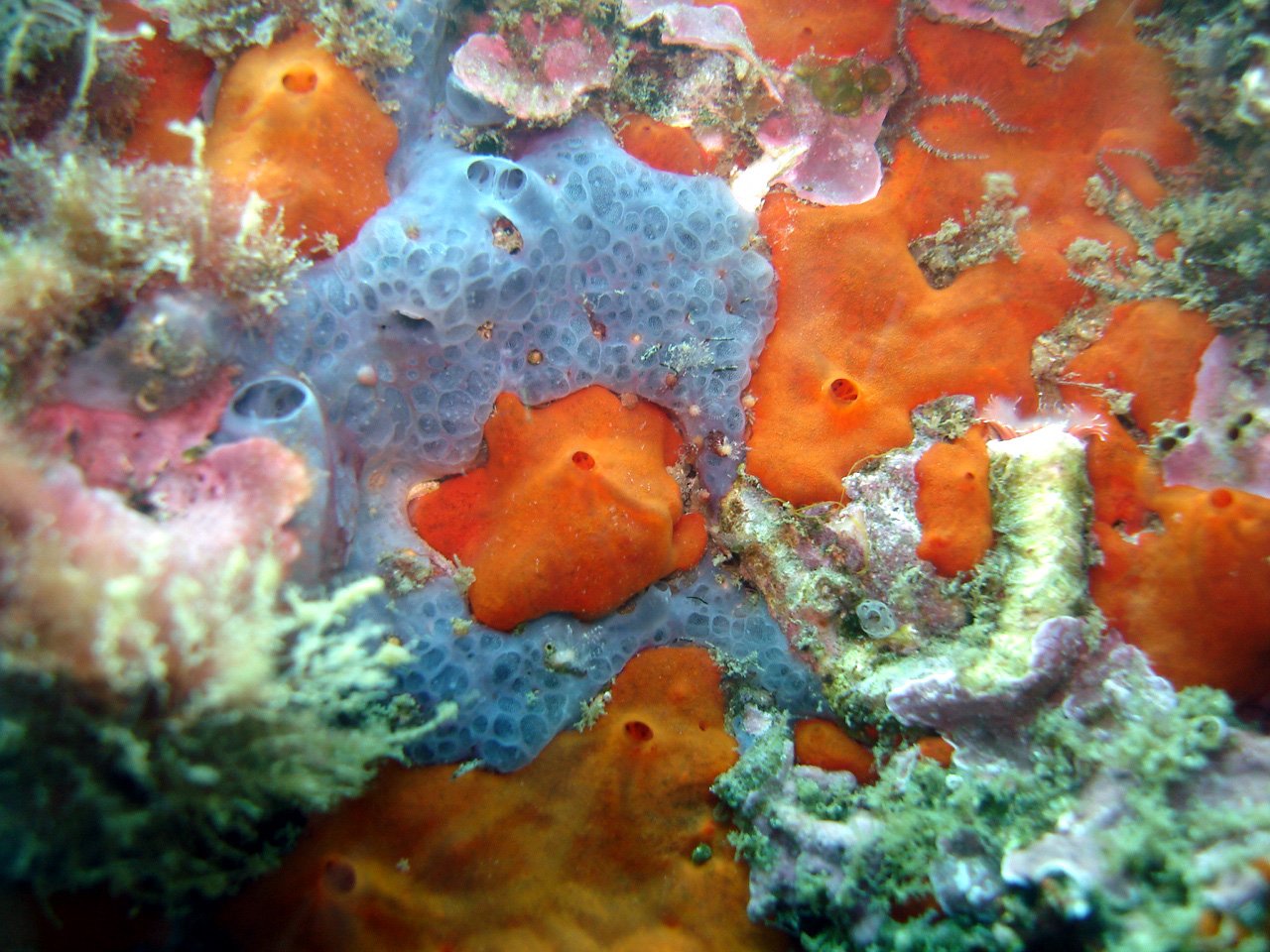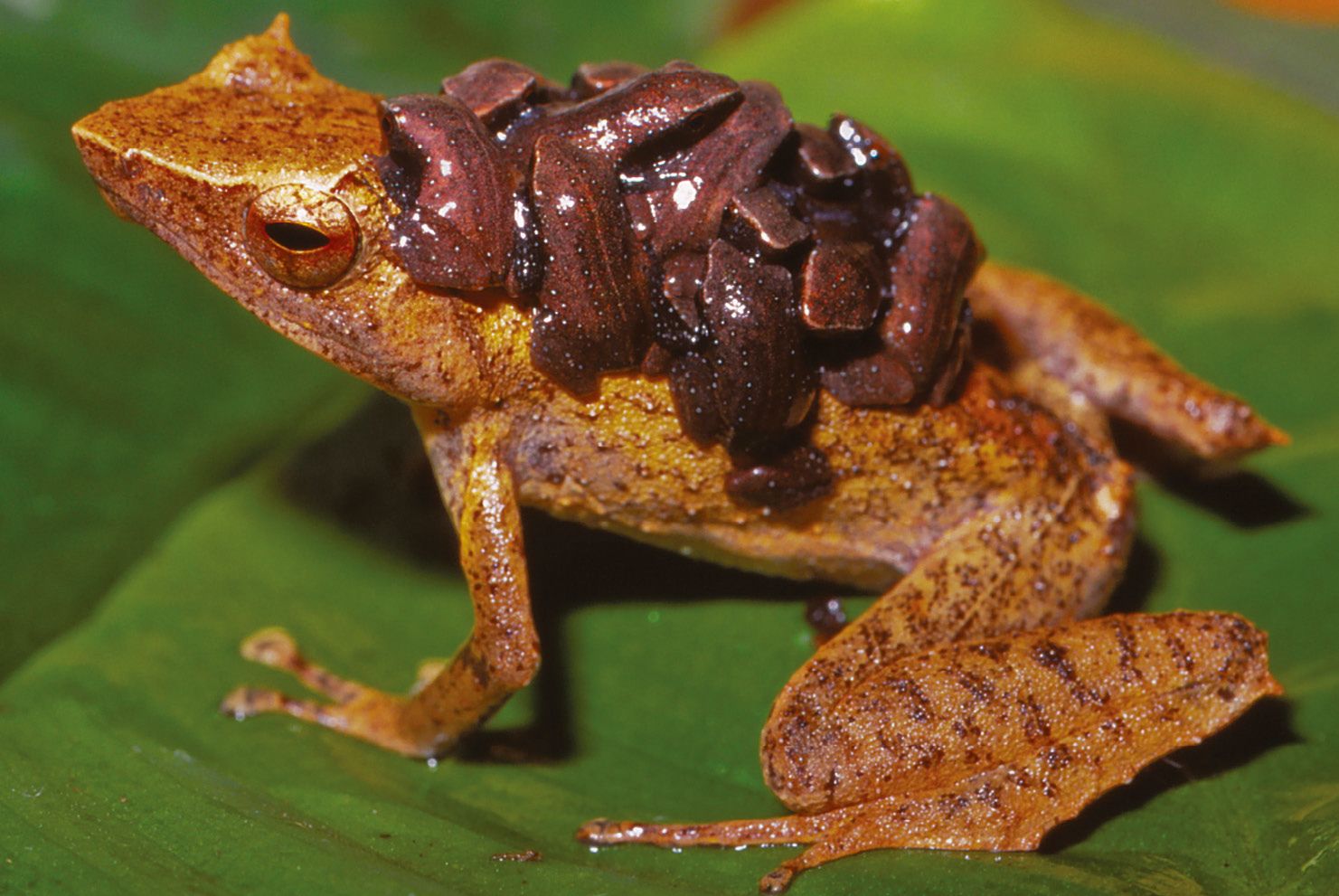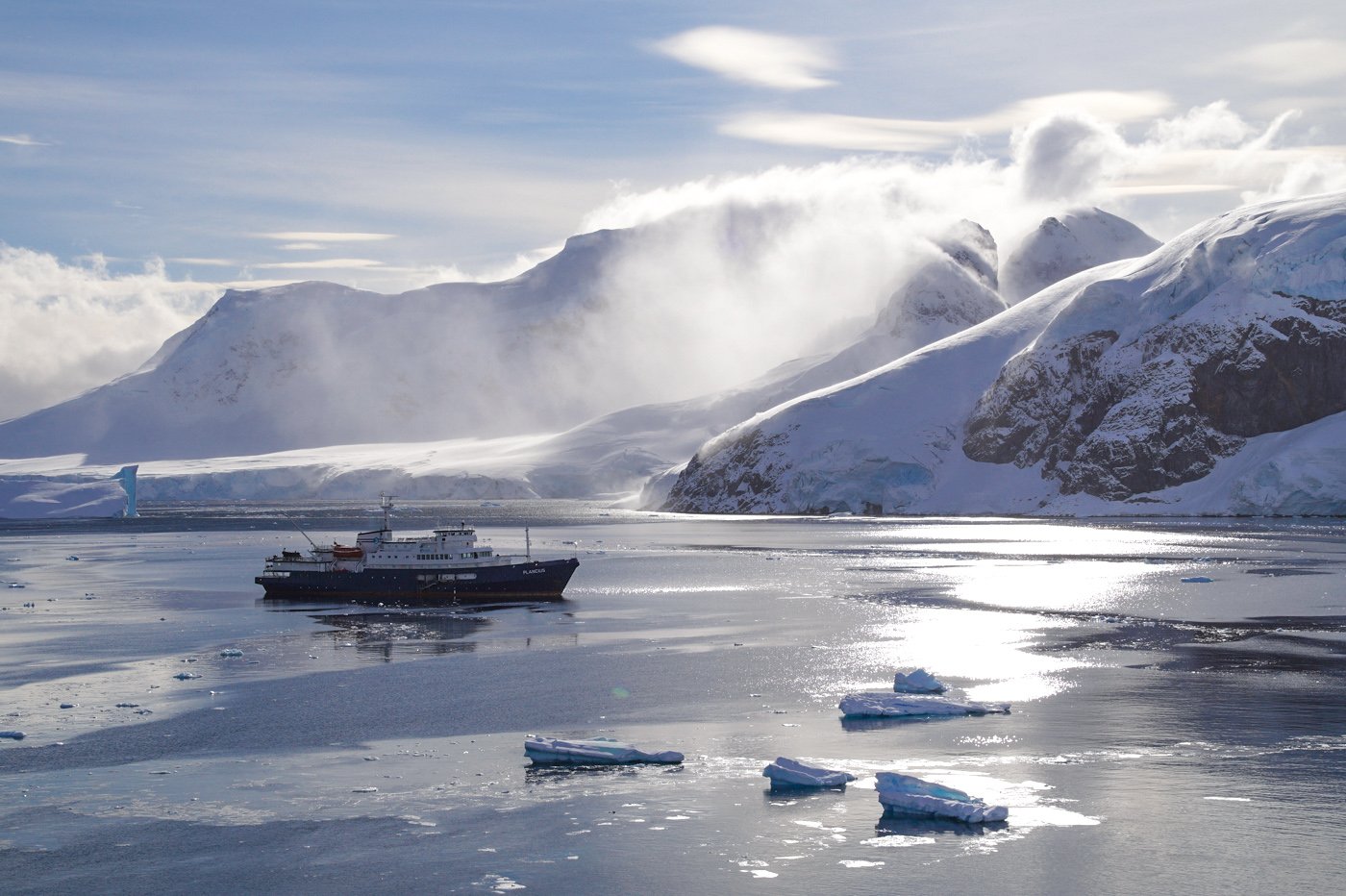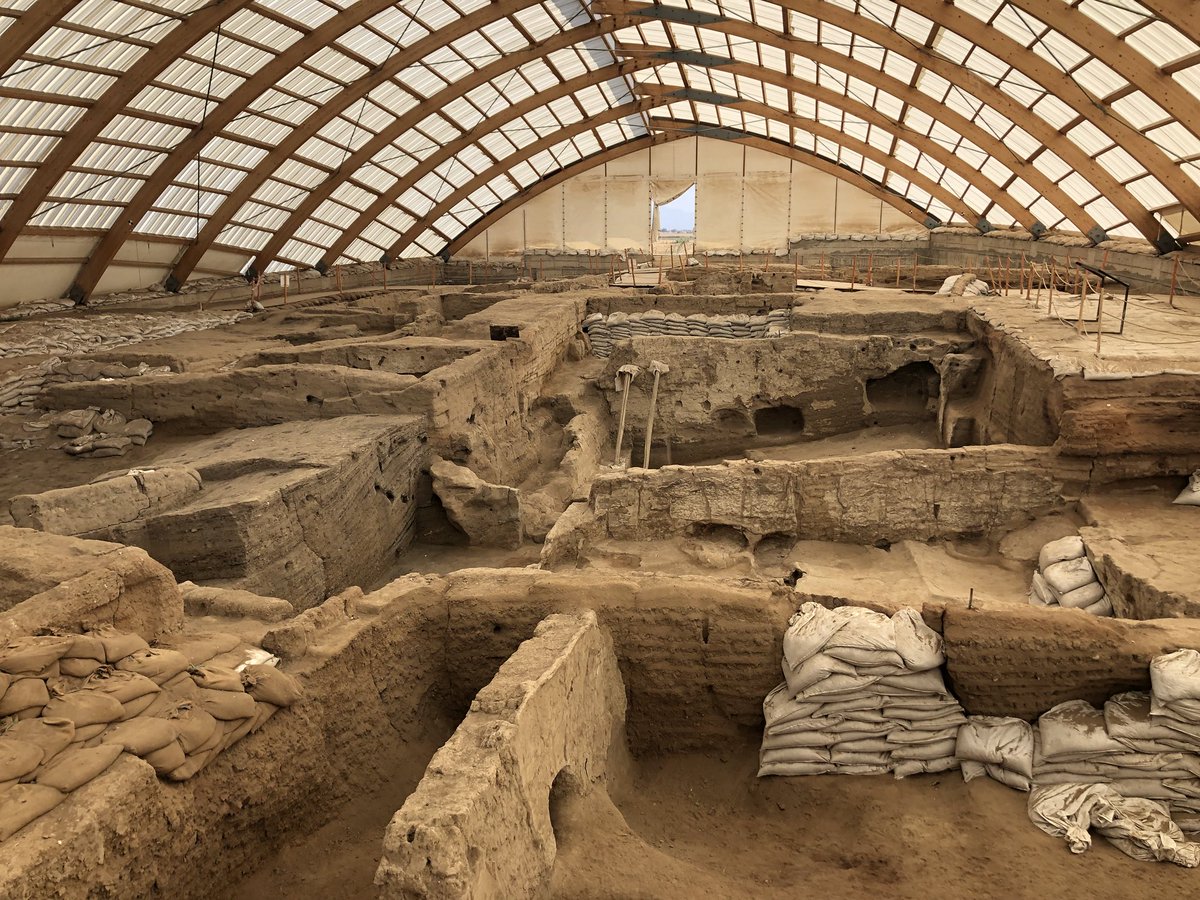A Pair of Fledgling Planets Directly Seen Growing Around a Young Star
Astronomers have directly imaged two exoplanets that are gravitationally carving out a wide gap within a planet-forming disk surrounding a young star. While over a dozen exoplanets have been directly imaged, this is only the second multi-planet system to be photographed. (The first was a four-planet system orbiting the star HR 8799.) Unlike HR 8799, … Read more
